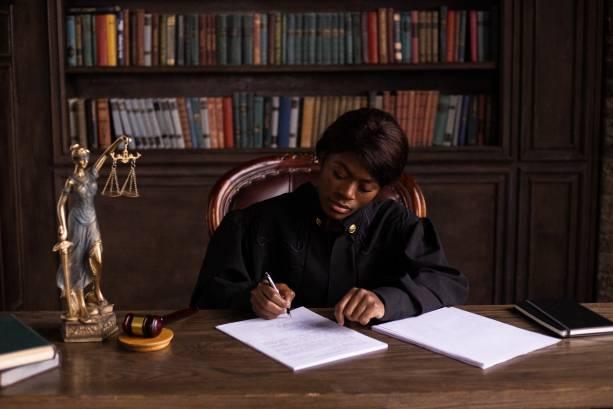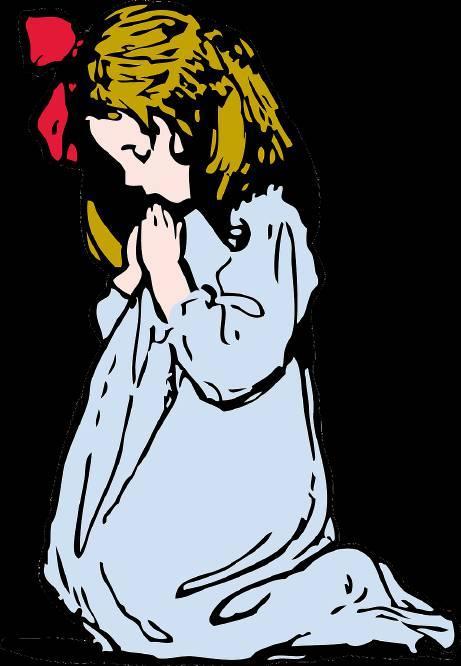
4 minute read
ANSWERS
from EGM Times May - June 2023
by EGM Times
Q - Inequality is getting worse in the world. What is the Christian response to fight this pandemic?
- Robin
Advertisement
Thank you for sending in this question Robin. It is always encouraging to see Christians pick up tough questions that, by virtue of relevance go beyond the confines of matters that pertain to only Christians. I believe it is in engaging with such questions that permeate the discourse of humanity that we are able to strive back toward our original ideal of being stewards of the planet.
As an Economics graduate, ‘inequality’ comes off as both a precise challenge and a broad spectrum. Inequality can be of various forms. In a given nation, you will find some with higher income, higher wealth, better standards of living, better access to healthcare, better access to education, better working conditions etc. Inequality can also be understood as racial, gender and social class inequalities. We use different tools to assess and quantify inequality at various levels of units of measure. For instance, in comparing inequality among nations, we use the Gini Coefficient. However, we can get a better grasp about the extent of inequality if we expand our investigation by including deprivation in our understanding of poverty. By doing so, we can assess poverty using the Multidimensional Poverty Index (MPI). The MPI is highly acclaimed as it includes deprivation across three dimensions; education, health and standard of living. However the MPI doesn’t inform us about the levels of pervading inequality. This is because inequality and poverty have become quite entangled in how we formulate them. This is, but a peek into the murky definitional waters Economists must wade through before a study can be conducted, let alone providing an effective solution.
At the heart of the Gospel lies the life of Jesus of Nazareth, whose divine mission as Messiah was to eradicate inequality of the highest order: sin. It was not man’s comparative disparity in holiness or wealth when juxtaposed with his peers that was the object of Messiah’s mission, but rather it was to equalise the fallen man with his pre-fall state of union in fellowship with the Most Holy God.
The root of all evil and brokenness we see in the world around us is indubitably and inescapably traceable to humanity’s fall from God’s ideal status of mankind. When working to eradicate poverty and the other ills of the world, we must keep the root cause in mind. Sin has defiled all (Romans 3:23; 1 John 1:8) without distinction of class. However, Marxism is built on the assumption that the evils of proclivity to exploit and be profit-maximising-driven are secluded to just the capitalist class. The great err of all the ‘isms’ that Marx’s ideas gave way to is that they failed to take into account that the State that controls the production and distribution, the mechanism by which equality was to be brought about, comprises sinful humans who are no less inclined to exploit and be profit-maximising-driven. History testifies accordingly through Stalin, Mao and the like.
Throughout the Old Testament, God has worked through His people to care for the disadvantaged by providing laws and customs (Leviticus 19:9, 10; Deuteronomy 15:7–8). The Torah is replete with many more counts of such directives. With God instating man’s dominion for stewardship of the planet in Genesis, Exodus begins with the assumption that the ‘right to own’ anything on earth cannot be permanent ownership but rather is a ‘right to stewardship’ extended to be the means for human progress endowed upon man by Yahweh(1). The codes received by the Israelites in the desert show us how God intends for mankind to tend for each other. At the heart of these directives remains the firm conviction that God alone is the true owner of the world we inhabit and it is to Him we are to be accountable. We have to trace back to mankind’s purpose and inherent worth to rightly understand the pathways to pursue to offset inequalities. To do that is to know the heart of God.

Fighting inequality then becomes multifaceted. That’s a fancy way of saying it’s complex! While laying out black-and-white dos and don'ts may be ineffective and could also fail to take into account the complexity of the institutions that are stakeholders in each of the readers’ social surroundings, I shall attempt to give general pointers.
We need to remind ourselves:
- Of the unalienable worth of all humans and that Christ died to redeem everyone (2 Peter 3:9).
- That the greatest evil in the world is not economic or racial inequality but rather sin. Every form of exploitation is the result of a broken world.
- That everyone needs salvation more than they need higher standards of living or better access to education (Mathew 16:26).
- That not all inequality is evil. Sluggish attempts to succeed or the lack of any such attempts can lead to less than optimal results and inequality.
- That we must work to bring about far reaching cultural and political shifts to shape the social fabric of the nation for inequality alleviation efforts to be successful.
- That long-run damages of one-shot policies and affirmative governmental actions may offset their short-run benefits.
- To be constantly on the lookout to keep exploitive thoughts away when transacting with others. Exploitation is always wrong no matter who is at the receiving end, be it Tesco or the street vendor.
In summation, while the blueprint to eradicate inequality may seem humanly impossible, we can take heart “For God will bring every deed into judgement, including every hidden thing, whether it is good or evil.” (Ecclesiastes 12:14)
By, Jacob Varghese, Founder-Director, SAFT Apologetics
SAFT Apologetics is a web-based Indian Christian initiative that aims to equip the believer defend their faith so that they may effectively evangelise. We work towards fulfilling our Vision to break the language and accessibility barrier and make apologetics resources within easy reach for all communities in India and beyond. We live out our Vision through our podcast, conferences, blog, YouTube channel and live speaking sessions. In short, we are creating an online library with an invitation to all to seek answers so that they may find the truth.









